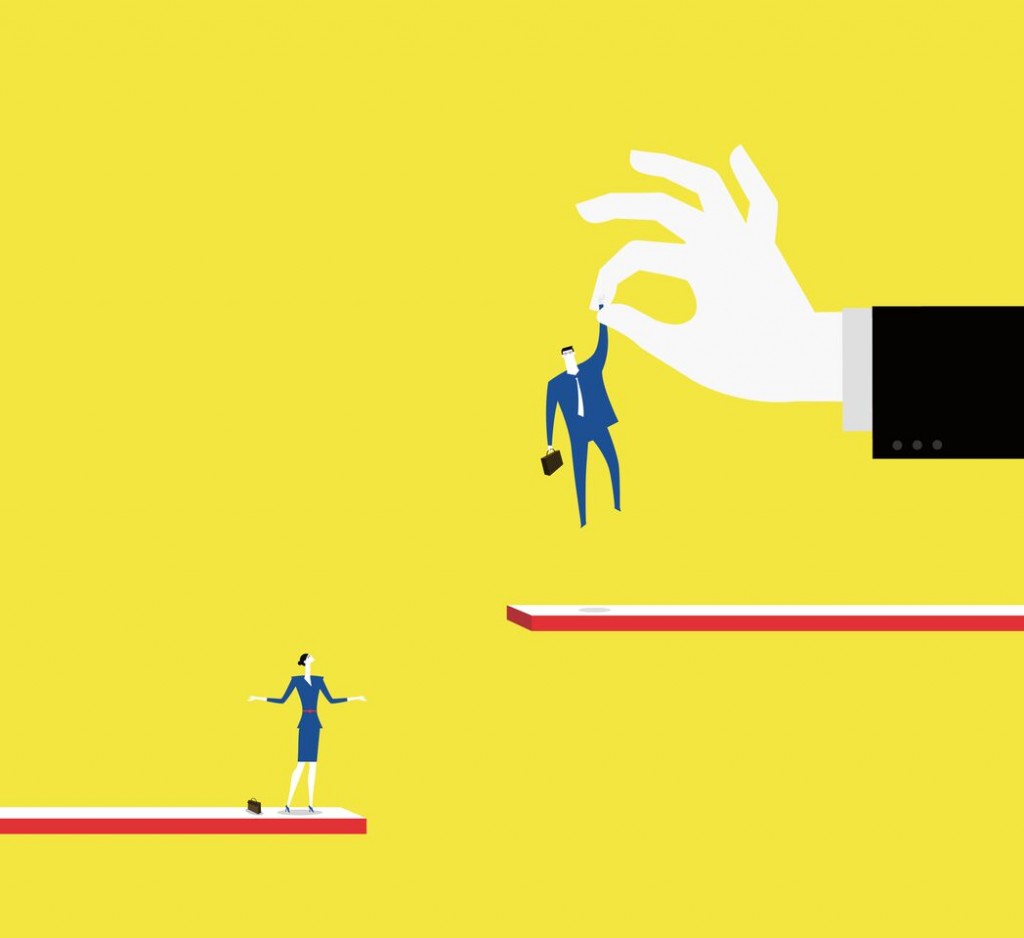Does the responsibility in ensuring a healthy culture lie in us?
By Julia Siedlanowska, Staff Writer
The debate about whether arts should receive public funding is a hot one. Although a part of me wants to believe that the arts should be able to sustain itself in a competitive market based on demand, another part knows that the government has a responsibility to ensure the health of our culture. Some art institutions providing valuable services could really use a hand in starting up. Some artists are worth developing, and sometimes that requires a grant or residency funding. However, the root of it all doesn’t just lie in the government—it lies in us, the majority.
We live in a complex and fast-paced world—this we know. Music is abundant and everyone is a photographer. After all, when was the last time you paid for a song on iTunes? Music downloads are everywhere on the Internet, you can pick up the latest print from IKEA for $20, and everyone and their dog seems to make artisan soap and jewelry. In a world of excess, even the movement to simplify can quickly be disregarded, because of its abundance. There is simply too much!
Love and passion are not always enough to make a living; and yet, we can see a distinct difference in quality between all these artistic products available to us. We only buy a product if we think it’ll add value to our lives. Perhaps a part of the problem is that we’ve forgotten what really does add value and how to patronize it accordingly. In all this abundance, we’ve forgotten that there is a person (hopefully) pouring their soul and talents into their craft.
Our community is still developing, even though the arts have had frighteningly drastic funding cuts in the past few years. The Cultch is opening up the York Theatre on Commercial Drive in December, starting the season with a very appropriate East Van Panto. The music scene is thriving with DJ’s playing after hours shows. The burlesque and contemporary dance scenes are continuing to grow as well. Vancouver is developing its own unique and vivid identity. I, for one, am becoming more and more excited to be maturing and developing as an artist in this city.
I dreamt of a time when art could be a community event—free, without politics or want of personal monetary gain. Earning a living has always been a struggle for artists, and the extraordinary have made their mark (sometimes surviving, sometimes dying in squalor). Travelling bands of actors had to go from community to community to make their fare. Artists provide a quality service; however, it’s in our hands to identify which services are valuable, and to show our gratitude in coins, bills, or plastic.
The arts should unite us in public events and connect us with our community in a way that echoes its original roots in myth and ritual. It should engender a pride in ourselves and our culture. Although this is something that the government should value, we should also prove its value in the way we live our lives daily.


